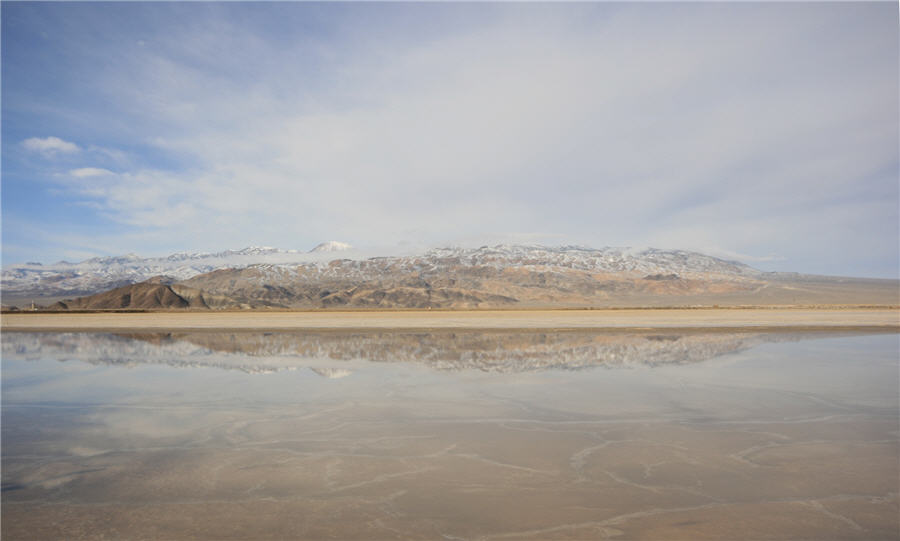Agreement gives uranium mining in Greenland a boost
The governments of Denmark and Greenland have reached an agreement that paves the way for the export of uranium from the large but thinly-populated Arctic island.
According to a report last week in World Nuclear News, the protocol lays out how Greenland, an autonomous country within the Danish kingdom, and Denmark will cooperate on foreign, defence and security issues related to the mining and export of the nuclear fuel.
“The agreements establish concrete cooperation between Denmark and Greenland, ensuring that Greenland can continue its efforts to expand its mining whilst the kingdom complies with international obligations and lives up to the highest international standards,” reads a statement from the government of Greenland.
“It is a complex of agreements which, based on the current division of powers within the realm, clearly specify responsibilities and tasks between Danish and Greenland authorities.”
The agreement is historic in the sense that Greenland has moved a long way from a policy introduced in 1988 to ban the mining of uranium and other radioactive elements. In 2013, four years after the island assumed full control over its mineral and hydrocarbon rights, the Greenlandic parliament voted to remove the ban on radioactive materials, which opened the door to uranium and rare earth exploration.
The Danish government is expected to introduce legislation on safeguards and export controls to parliament within the next few months, reports World Nuclear News.
Removing the uranium mining ban was crucial for the development of the Kvanefjeld uranium and rare earth element project, being explored by Australia’s Greenland Minerals and Energy (ASX:GGG). The deposit in southern Greenland contains a JORC-compliant resource of just over a billion tonnes of mineralized ore including 593 million pounds U3O8, along with zinc and heavy rare earth elements. A feasibility study was completed on the project last year and in November it moved into the permitting phase.
Kvanefjeld is considered to be one of the world’s largest undeveloped deposits of REEs and uranium. Its 108-million tonnes ore reserve is estimated to sustain a 37-year minelife.
The agreement bounced stock in GGG by 10.3 percent at the close of trading in Australia on Friday.
{{ commodity.name }}
{{ post.title }}
{{ post.date }}




3 Comments
Simon_SLS
Amazingly large resource for a market cap of just under $28m especially in view of the demonstrated excellent benefication and processing.
Peter Christensen
Going very slow without anything happening though!
Jhonatan Arboleda Lopez
As shown the agreements that will keep these lands protected from murderers dedicated to mining. There is no need for the supposed development of the prey to humanity … There is no need for anything but to preserve what we have and not continue with so much absurd damage.
I used to think that in countries like Denmark they have the power to govern. They held more than hair on the head, a difference of Greengos.
Como van a cancelar acuerdos que mantenian estas tierras protegidas de los asesinos dedicados a la mineria. No se necesita el supuesto desarrollo del que tienen presa a la humanidad… No necesitamos nada mas que preservar lo que tenemos y no continuar con tanto daño absurdo.
Antes pensaba que en paises como Dinamarca quienes tienen el poder de gobierno. Sostenian mas que cabello en la cabeza, a diferencia de los Greengos.